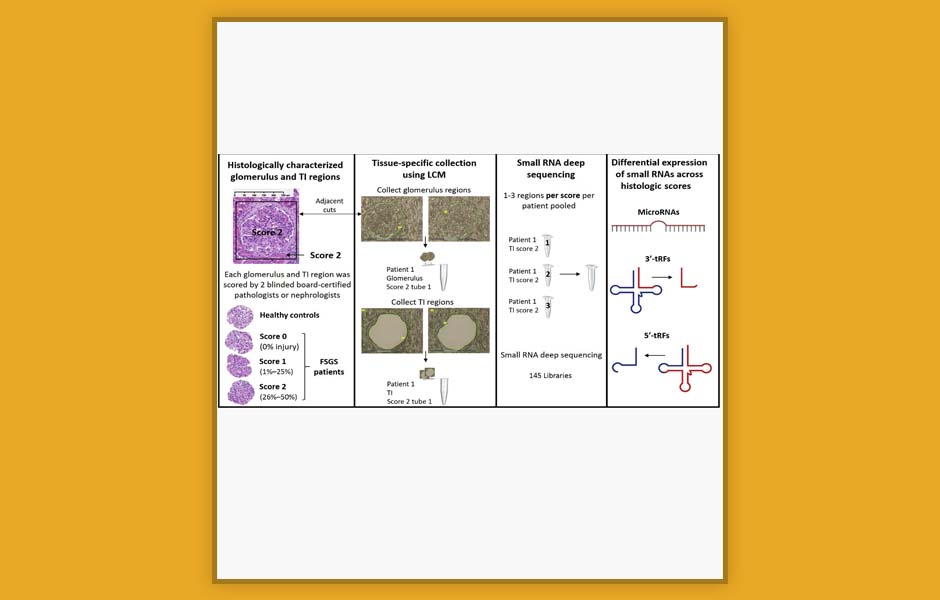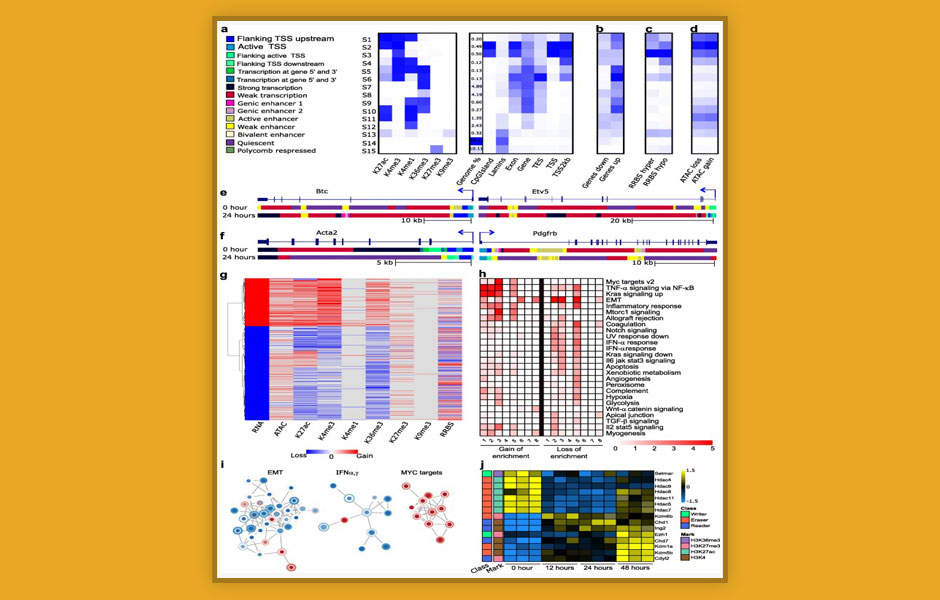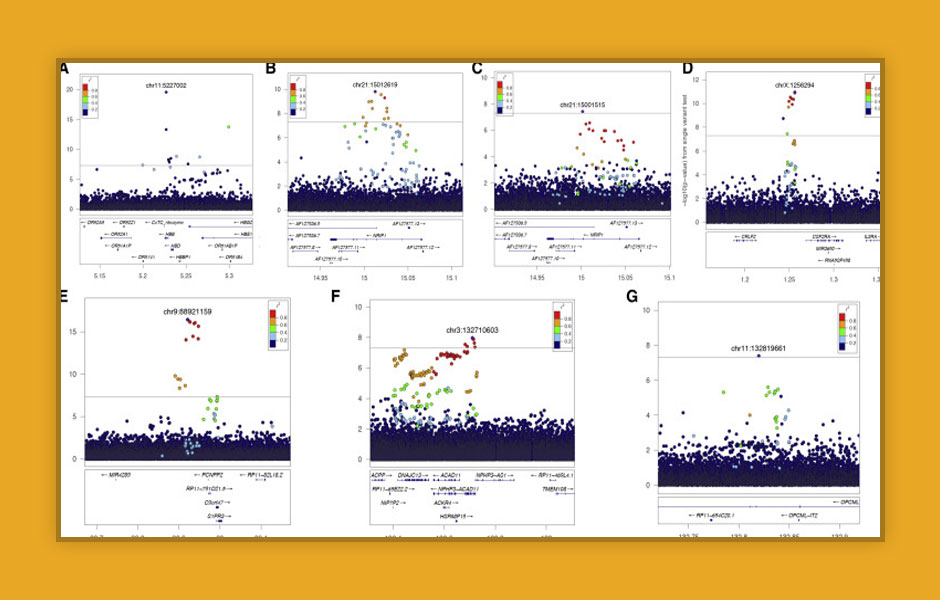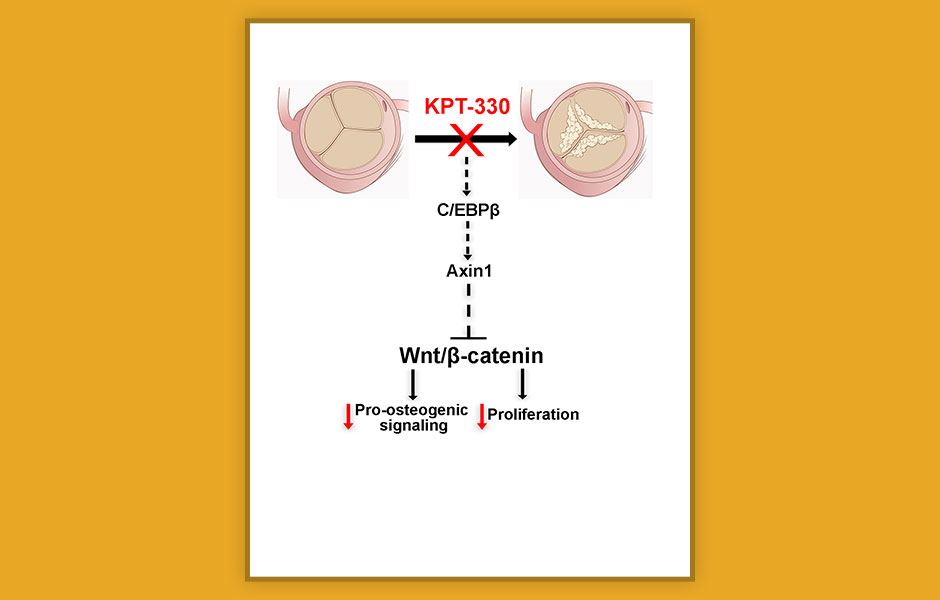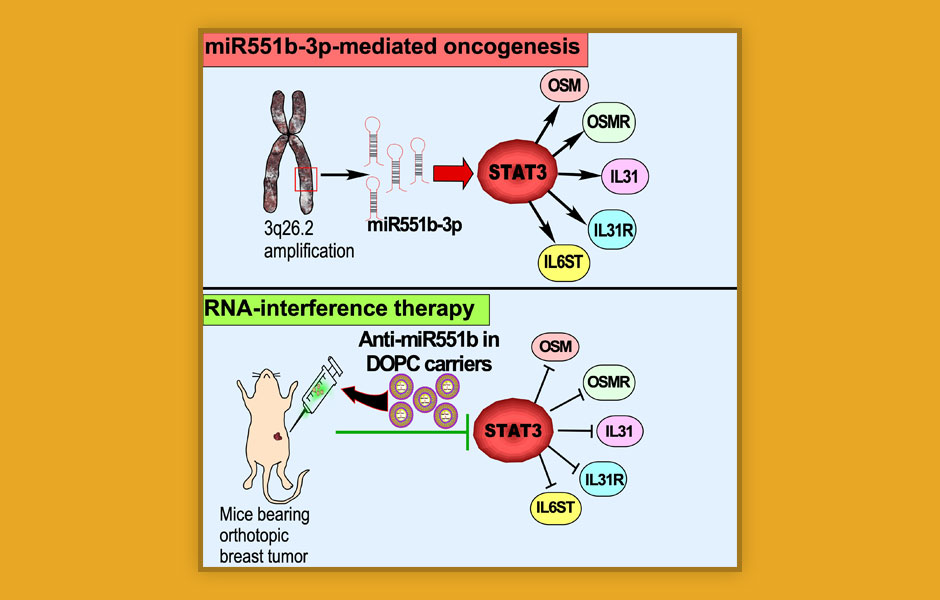Project Description
Dietary Sodium Restriction Results in Tissue-Specific Changes in DNA Methylation in Humans
Kidambi and colleagues. Hypertension. 2021
Dietary sodium affects blood pressure (BP) and vascular function. Animal studies suggest epigenetic changes (eg, DNA methylation) are involved. We hypothesized that sodium restriction induces methylation changes in T cells and arterioles in humans. Fifty subjects (49% women) were placed on 1200-mg sodium/day diet for 2 weeks. BP and brachial artery flow-mediated dilation were evaluated. Methylation sequencing (pre- and post-diet) was performed on T-cell (n=50) and biopsied arteriolar (n=10) DNA. RNA sequencing was also performed on arterioles (n=11). Over 2 weeks, mean sodium consumption was 946 mg/day. Average BP reductions after low-sodium intake were −8±13/−4±9 mm Hg (P<0.001). Flow-mediated dilation improved (5.8±2.9% to 6.8±3.4%; P=0.03). T-cell DNA was substantially more methylated than arterioles. The differentially methylated regions (false discovery rate, <0.05) identified in T cells and arterioles after sodium restriction were located in 117 and 71 genes, respectively. Four genes were identified in both T cells and arterioles (P=0.009 for the overlap). The dietary effects on methylation in several DNA regions were associated with dietary effects on BP. Several differentially expressed genes in arterioles contained differentially methylated regions at the significance level of P<0.05. In addition, 46 genes contained differentially methylated regions in both human and SS/Mcw rat T cells (P=0.03 for the overlap). Sodium restriction significantly affected DNA methylation in T cells and arterioles, some of which are associated with BP. Methylation patterns and sodium effects on methylation are largely tissue specific but also have overlaps between tissues and species. These findings may lead to better understanding of dietary sodium interactions with cellular processes and, therefore, novel therapeutic targets.
Read more here



